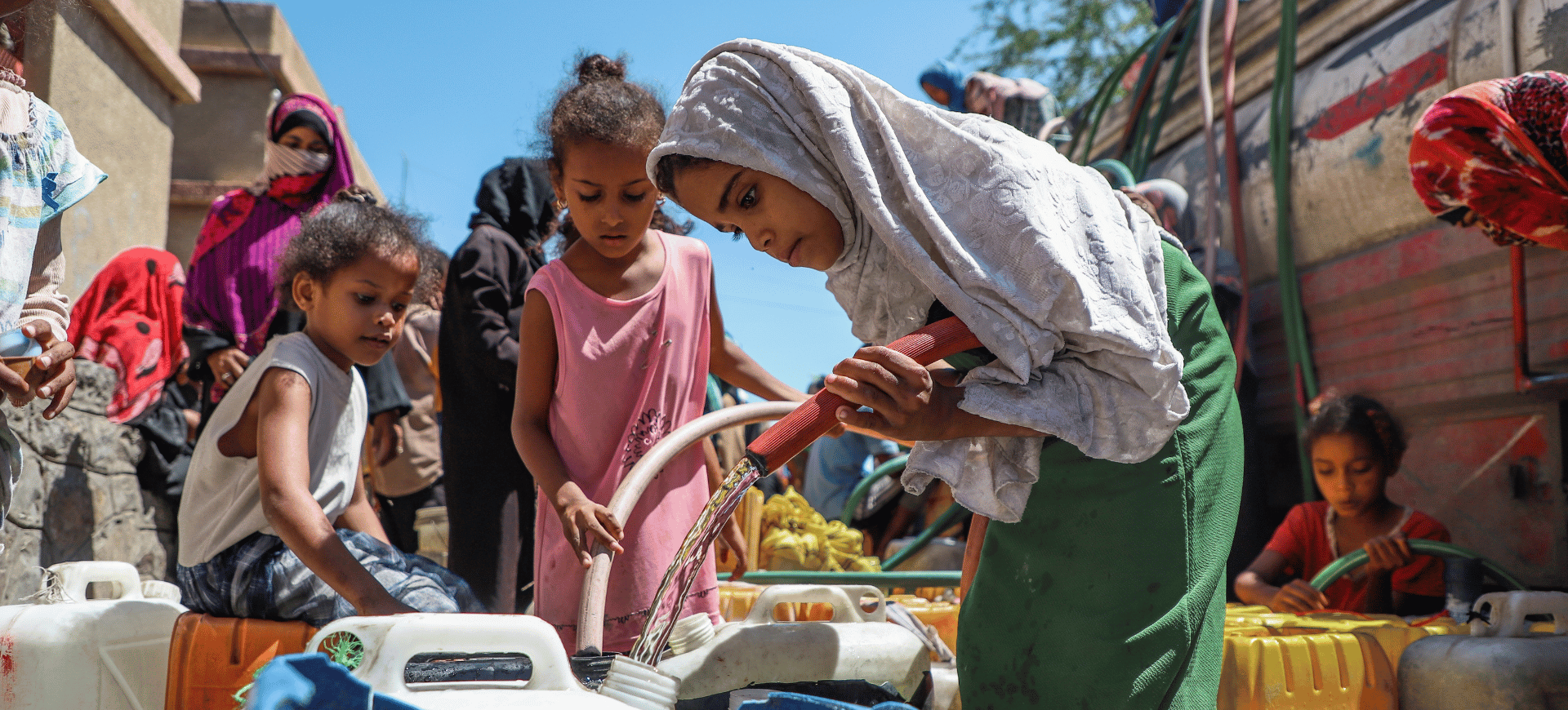An achievable path to health in a context of chronic conflicts and insecurity
Global audiences often perceive health as relating to sovereign, national decisions, but we cannot ignore how often insecurity, conflict and structural barriers impede growth. International support will be vital, as long as neocolonial and saviour mindsets are left behind
For many decades, the Middle East has been a global epicentre for conflicts and insecurity. The devastating effects of such a context are far reaching, but none as long lasting and detrimental as their impact on health systems and subsequently on the health of its people.
The recent war in Gaza is a testament to the interconnection of ‘good’ health systems and population health, and how immensely the latter depends on the former. Although this dependency is not unique to this region, the chronic nature of the conflicts makes it noteworthy.
Health as a political choice resonates well with what many have been facing in this region, with a twist. For a global audience, the immersive nature of politics in health is a national and sovereign set of decisions that a country (that is, its politicians) makes at a certain time and would shape its health architecture, albeit affected by historical events and social values. For many countries in our region, health systems are either inherited from colonial structures or have proven futile with unachievable populist national post-colonial promises. Unfortunately, the decades of conflicts and insecurity have provided politicians with a perfect alibi for why promises could not be realised, which of course has nothing to do with their commitment to the betterment of their peoples. Hence, the ‘politics’ component in the region is greatly shaped originally or subsequently by external ‘political’ factors as much as national ones.
An abstract concept
Still, one can never understate the profound impact of chronic conflicts and insecurity on health systems, and on health. Direct effects such as health human resource migration, the deteriorating ability of the state to function and the targeting (deliberate in most instances) of health facilities have been well documented, historically and recently. This is in addition to the associated factors that have indirect effects on health such as migration, insecurity and economic disparities.
So, even with the global push in the past decade or so for universal health coverage that has been instrumental in incentivising many countries in the region to engage with that goal, it is clear that structural barriers can and will undermine the effort – a main one being chronic conflicts and insecurity. In places such as Iraq, Syria, Yemen, Libya and now Gaza, it is clear that – absent functional governance structures and stability, not to mention rebuilt infrastructure – universal health coverage is a distant dream.
The clear conclusion is that the advocated path to universal health coverage in such contexts, which also extends to economically and socially fragile settings, is not ideal. So, the challenge becomes how to structure an achievable path to functional health systems, and better health, in the context of chronic conflicts and insecurity.
Formulating anachievable path
In this context, the aim of health systems in the short and medium term should be modest: a minimally functional state of governance and health delivery to meet the basic health needs of people. Fortunately, this is when the focus is back on low-cost interventions such as public health and primary health care is at the core of plans.
The role of the international community is of utmost significance. Its non-exclusive pillars are:
- Funding of infrastructure, human resources support, capacity building for health human resources
- Technical support
- Support for strengthening governance structures
- Knowledge sharing
It is critical that these pillars be led, or at the very minimum shaped, by national experts who comprehend the context. It is very common for international entities to want to play the role of saviour, sometimes in good faith. This usually translates into ready-made formulas for reform and overpaid international experts and companies arriving to save the day. In almost all instances, this approach does not work and negates the intended aim to the degree that it now has a coined term in the Global South: health neocolonialism.
The solutions and the effort must be home grown, with undoubtedly needed support from the international community. Support for health should not be a soft power or ‘a cleansing of sins’ approach. Rather, it should be viewed as a global moral, social and economic investment in a better world.
Finally, the ultimate hope is that the real commitment is to avoid the causes and occurrences of chronic conflicts and insecurities. The region and its people deserve a better future dedicated to equitable societal advancement and flourishment. ▪












